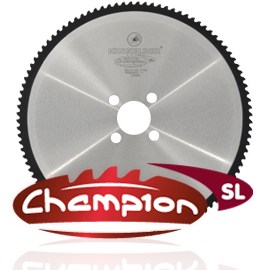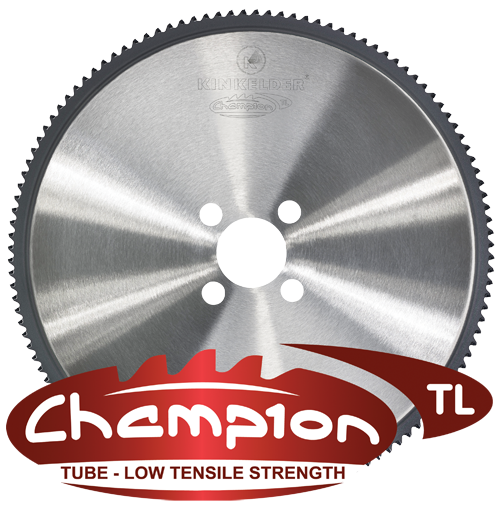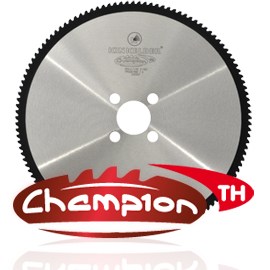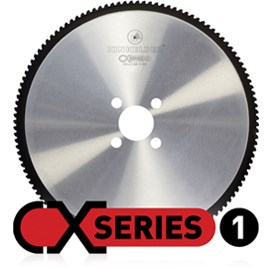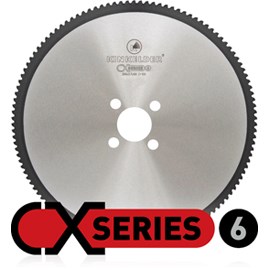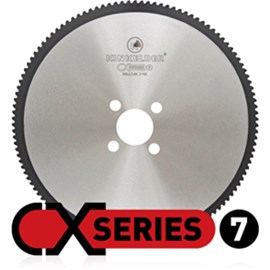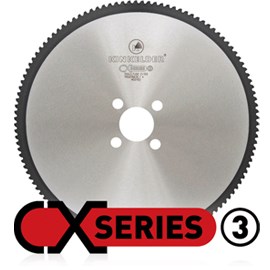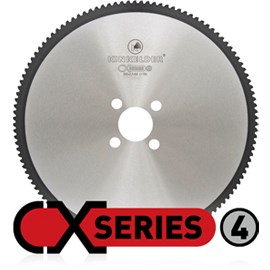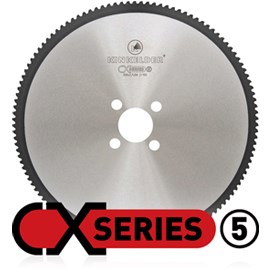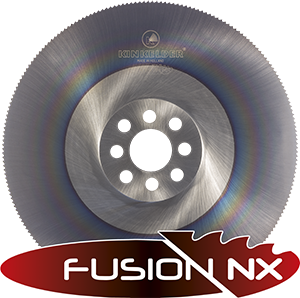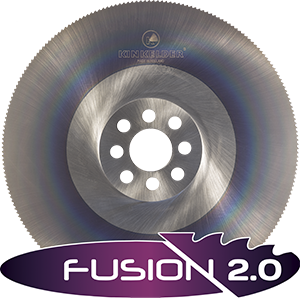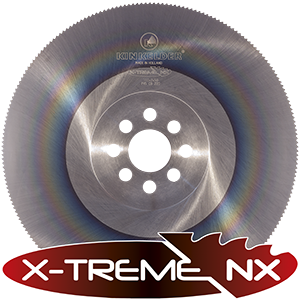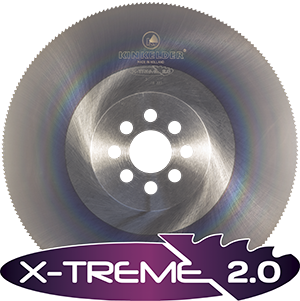What is a Circular Saw?
A circular saw is an electrical saw that is equipped with a blade that spins around an arbor to cut different materials. Originally invented to cut logs, this power tool may be hand-held or mounted to a machine and can be used to cut other materials such as metal and plastic depending on the saw blade. Circular saws provide users with high performance at an affordable price, making it a highly demanded alternative to wet saws and angle grinders.

As compared to cutting wood, cutting metal is trickier and can be more dangerous. Metal cutting is more akin to abrasion as compared to chipping away large chunks of wood and this will result in tiny pieces of hot metal shards flying about. Wearing a face shield, gloves are recommended when using a circular saw to reduce the risk of injuries.
How to use a Circular Saw?
In addition to face and hand protection, appropriate clothing with long sleeves should also be worn to minimise cuts and burns from the flying shards of hot metal. Selecting the right blade for the job will also assist you in cutting metals with more efficiency and ease. The metal workpiece should also be secured down with clamps and should hang at the edge of the cutting blade.
Marking the workpiece will also serve as a guide to ensure clean cutting finishes in accordance to your specifications. Once you are ready to cut, align the blade to the marking and slowly and carefully power on the circular saw and slide the blade into the metal. As you cut, frequently apply cutting fluid to help reduce heat and friction which in turn results in a cleaner cut.
Difference between HSS & TCT Circular Saws
To choose the right blade for the job, one must consider the material of the metal workpiece. There are two main types of metals, ferrous metals which contain iron and non-ferrous metals such as aluminium and copper that do not have iron.
Tungsten Carbide Tipped (TCT) saw blades have teeth that are made of an alloy steel body with tungsten carbide soldered onto the tips of the teeth. The alloy body is typically made from durable materials that are wear-resistant such as chrome vanadium steel that has undergone heat treatments to obtain a rating of 38/42 on the Rockwell Hardness C Scale (HRC). The tungsten carbide itself has a HRC rating of 98 that makes it extremely hard as a higher number will indicate a stronger steel.
Kinkelder has a wide range of TCT saw blades that can cut through solid steel, steel bars and tubes. To view the whole list of Kinkelder TCT circular saw blades, click here.
Kinkelder TCT Champion Series
|
The Champion SL saw blade combines the performance advantages of Cermet with the latest PVD coating technology. |
Equipped with a new carbide grade, PVD coating, body design, and tooth geometry to improve chip flow. |
Developed for the high-performance cutting of thin and medium wall drawn tubes and high tensile tubes on high-end cut-off machines. |
|
Features:
|
Features:
|
Features:
|
Kinkelder TCT Solid CX Series
|
PVD coated carbide tipped CX 1 saw blade developed for cutting solid steel with tensile strengths between 700 – 1,500 N/mm2 at very high production rates. |
Carbide tipped and PVD coated for very fast cutting and good surface finish. |
CX 7 is a Cermet tipped saw blade dedicated to cut low to medium strength carbon steel. |
|
Features:
|
Features:
|
Features:
|
Kinkelder TCT Tube CX Series
|
Carbide tipped saw blade for efficient cutting of soft and hard tubes with minimum vibrations. |
Carbide tipped and PVD coated for perfect surface finish and burr-free tube ends. |
The CX 5 saw blade has been specifically designed to cut thin-walled tubes. |
|
Features:
|
Features:
|
Features:
|
High Speed Steel (HSS) is another type of saw blade for application in cutting metals. These saw blades are heat treated and hardened to a 64/65 HRC rating for ferrous metals and a 58/60 HRC rating for non-ferrous metals. These saw blades also have special wear resistant Titanium coatings such as Titanium Nitride (TiN) or Titanium Aluminum Nitride (TiAlN).
To view all Kinkelder HSS circular saw blades, click here.
Kinkelder HSS Fusion Series
|
Versatile applications and ideal for cutting stainless steel and any alloyed steel which have the sticky or gummy properties where other regular blades will get stuck or chipped. |
Fusion 2.0 saw blades can be used for cutting medium to high tensile carbon steel on extremely demanding applications. |
|
Features:
|
Features:
|
Kinkelder HSS X-treme Series
|
The X-treme series offers an optimized surface finish, low variations in blade thickness, and a small side runout. The NX coating is designed for cutting stainless steel but also can be used for dedicated steel cutting applications. |
Kinkelder X-treme 2.0 saw blades offer a stable and highly accurate solution when cutting high tensile steel tubes and profiles on a very high performance level. |
|
Features: (Cutting Speed)
|
Features:
|
With a higher HRC rating, TCT saw blades can run at faster speeds as compared to HSS saw blades and cut harder metals at higher speeds as there is a high resistance to heat and wear. HSS saw blades typically run at a surface speed less than 350 surface feet per minute (SFM). On the downside of having a high level of hardness, both TCT and HSS saw blades are brittle and show little resistance to shock, with TCT blades having lesser resistance than HSS blades.
If you wish to find out more about Circular Saws, feel free to contact us for a consultation.
References
- Circular saw - Wikipedia. Retrieved 22 July 2021, from https://en.wikipedia.org/wiki/Circular_saw
- Angle grinder - Wikipedia. Retrieved 22 July 2021, from https://en.wikipedia.org/wiki/Angle_grinder
- Rockwell scale - Wikipedia. Retrieved 22 July 2021, from https://en.wikipedia.org/wiki/Rockwell_scale#cite_note-10

.jpg)
